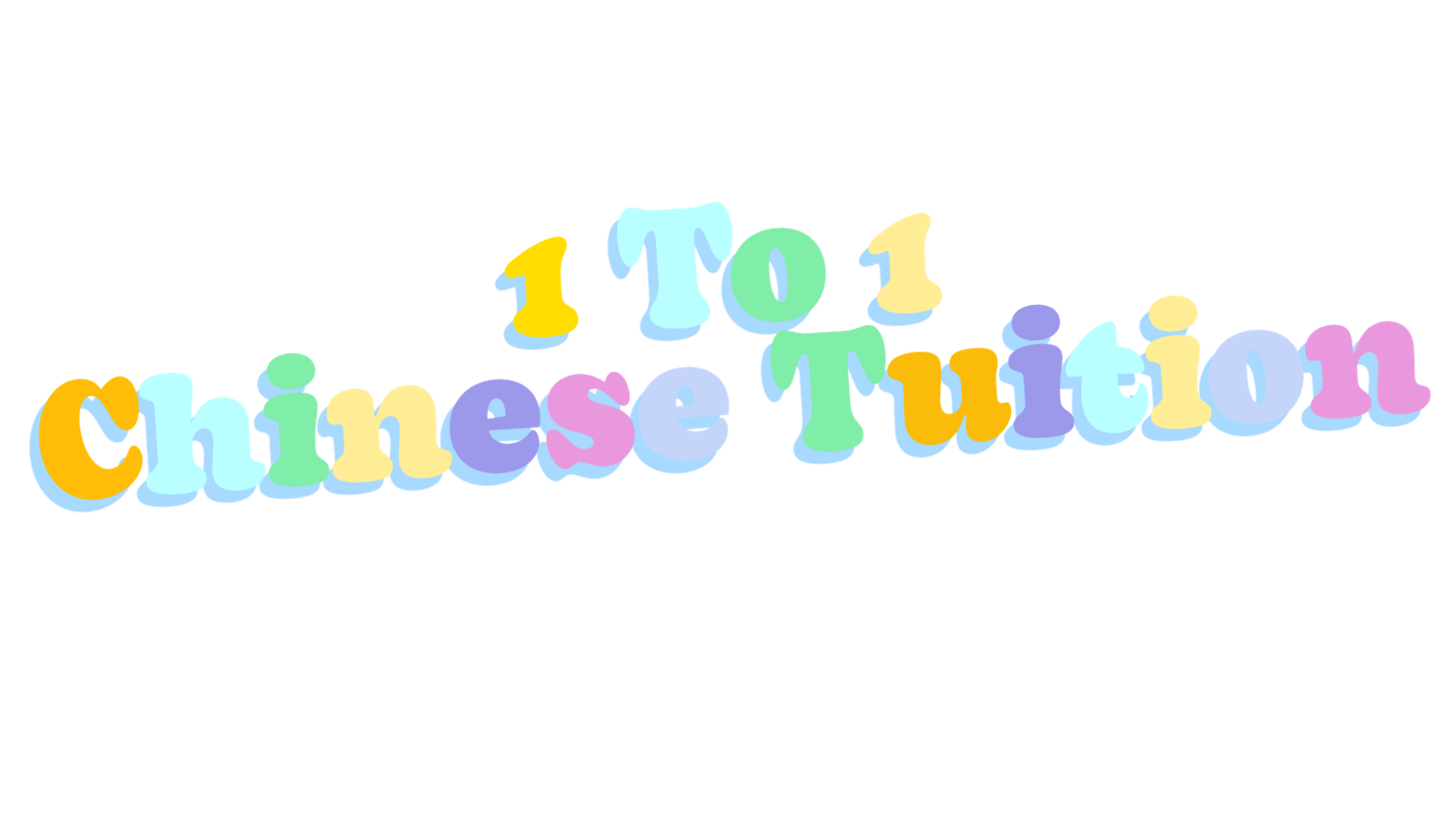Mastering Chinese Oral: Guide to Help Your Child Speak with Confidence
subscribeOral communication is a key component of the PSLE Chinese and Higher Chinese examinations. Yet, many Singaporean students struggle with this segment—not because they don’t understand the language, but because they lack the confidence, fluency, and exposure needed to speak it naturally.
In this article, we explore practical strategies to help your child master Chinese oral speaking skills, gain confidence, and perform well in exams. Whether your child is in Primary 3 or preparing for the PSLE, this guide offers valuable insights for every parent.
Why Is Chinese Oral Communication So Challenging?
For many children in Singapore, Chinese is a second language. At home, they may speak mostly English or a mix of dialects and Singlish. This often results in:
- Limited vocabulary in daily Mandarin use
- Inaccurate sentence structures due to English interference
- Lack of fluency from minimal speaking practice
- Poor pronunciation or intonation, especially of four tones in Mandarin
The MOE Chinese Oral exam tests not just pronunciation, but also your child’s ability to think in Chinese, express ideas clearly, and speak naturally in a conversation or picture discussion setting. Without regular practice and the right guidance, students may feel nervous or “blank out” during oral exams.
Tip #1: Build Confidence Through Regular Chinese Conversation
The first step to mastering Chinese oral is consistent speaking practice.
Encourage your child to speak Mandarin at home—even simple phrases like “我可以喝水吗?” or “今天的天气很好.” If your child attends Chinese tuition, make sure the tutor includes oral conversation drills as part of the weekly lessons.
At our centre, our experienced tutors are native Mandarin speakers who understand the local context. We create a safe and encouraging environment where your child can speak up without fear of making mistakes.
Tip #2: Master Oral Exam Formats and Question Types
The PSLE Chinese Oral exam has two main sections:
- Reading Aloud (朗读短文) – Students are assessed on pronunciation, intonation, and fluency.
- Stimulus-based Conversation (看图说话) – Students respond to a video or picture prompt, sharing their thoughts, opinions, and experiences.
To excel, students need to:
- Recognise common vocabulary and themes (e.g., public transport, school life, healthy habits)
- Structure their answers clearly using connectors like “首先…然后…最后…”
- Give personal opinions and relevant examples
Practising mock oral scenarios helps your child become familiar with the exam structure and reduces anxiety. A Higher Chinese tutor can guide them on how to express complex ideas effectively and avoid common mistakes.
Tip #3: Correct Pronunciation and Use of Vocabulary
Many students mispronounce similar-sounding words or struggle with Chinese tones, which can change the meaning entirely. For example, “吃饭” (chī fàn) vs. “迟饭” (chí fàn)—the first means “eat a meal,” the second makes no sense.
Your child should also avoid using dialect-influenced words or direct English translations, which are common errors for Singaporean students. A skilled Chinese tutor can point out these errors early and correct them through targeted exercises and oral drills.
Set Your Child Up for Oral Exam Success
Chinese oral is not about memorising scripts. It’s about helping your child express real thoughts in real language—and doing it confidently.
With the right Chinese tuition support, personalised oral coaching, and consistent practice, your child can become a confident Mandarin speaker who performs well in PSLE and beyond.
🎯 Sign up for a trial class with us below and help your child speak Chinese with confidence today!
Join Our Newsletter

